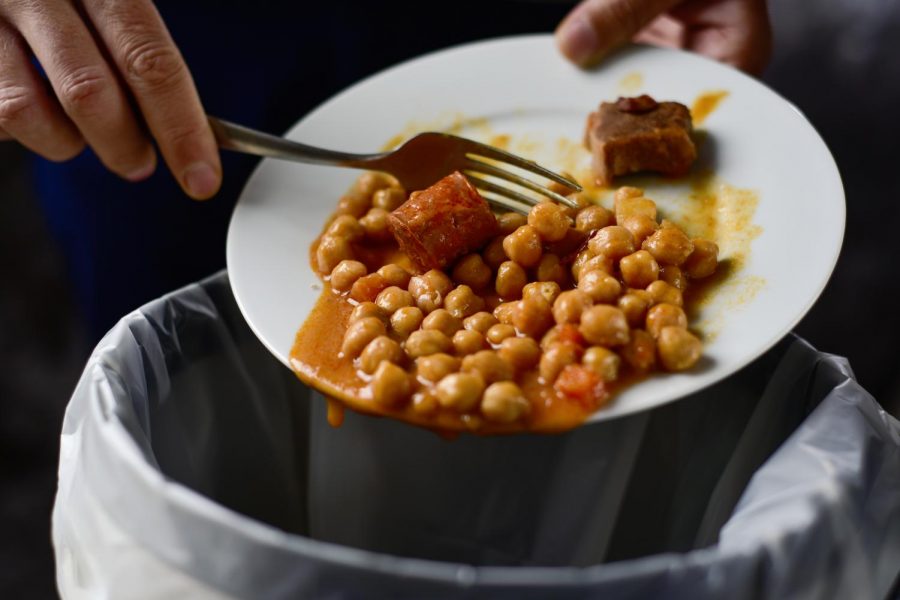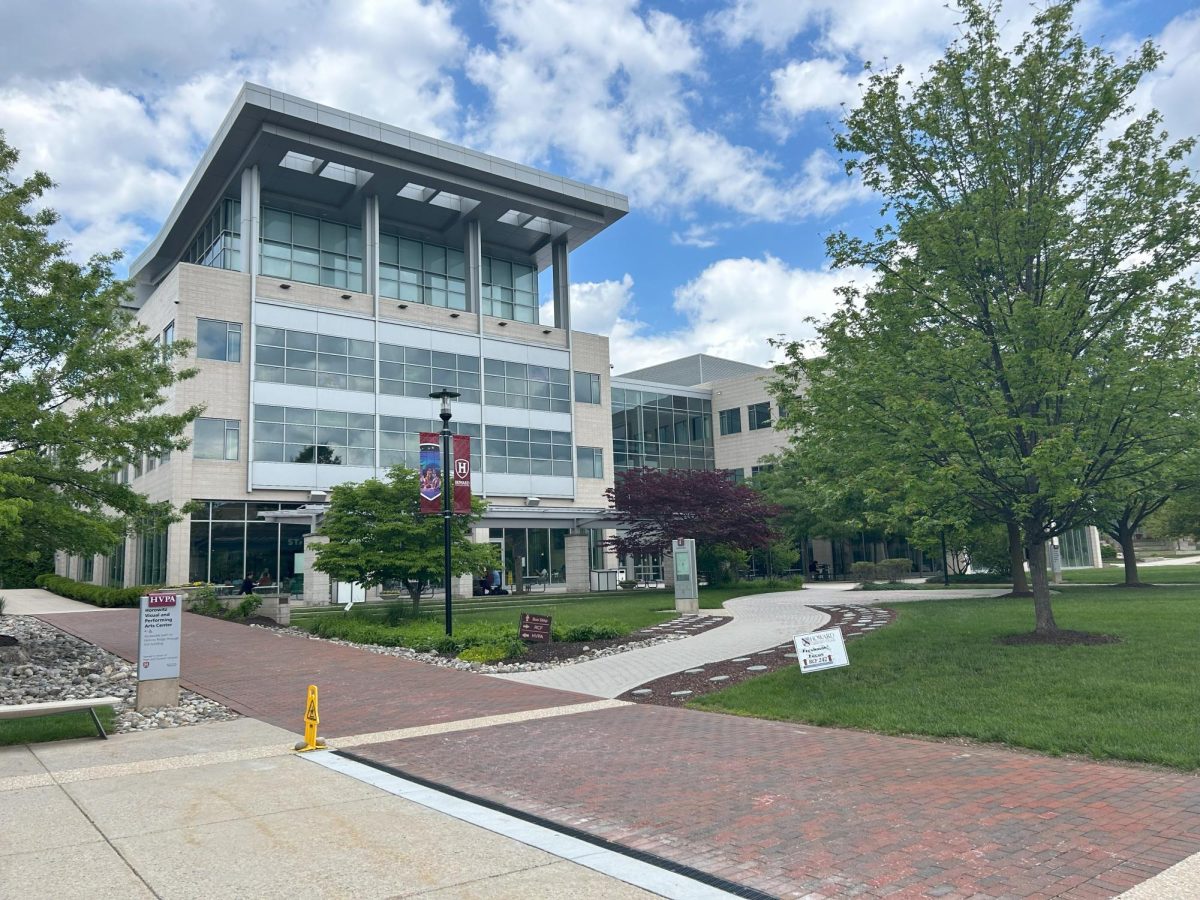Recycling Food Waste
We Must Do Better
June 2, 2019
Let’s start this off with a scary statistic. Studies show that Americans produce more than 30% of the world’s garbage. This might not sound too bad, until you realize that the American population is only 5% of the population of the entire Earth. How is that even possible?
It all comes down to the food products we have access to, which are not very limited. Most Americans do not struggle when it comes to grocery shopping, because everything is easily accessible. For example, America is one of the leading consumers of off-season produce; we can enjoy strawberries in the dead of winter. While the health risks of this are still in question, most people still eat out-of-season foods thanks to the convenience.
Due to this convenience factor, and the ease of access to grocery stores, food waste in America has increased significantly, because we tend to buy more food than we need. But that’s only the beginning. In most industrialized nations, less than 2% of food waste is recycled and used for other things. South Korea, a high contributor of food waste, has taken that statistic and flipped it right on its head. They went from only recycling 2% of their food waste to recycling 95% of it.
South Korea is filled with delicious food. Each meal is served with a variety of different side dishes and unsurprisingly, most people don’t finish all the food put in front of them. This leads to an increase in waste, specifically food. According to the World Economic Forum, an organization aiming to shape the world’s global, regional, and industry agendas, South Korea was one of the biggest contributors of food waste. In 1995, Korea only recycled 2% of their food waste. The citizens generated 1300kg of food waste each year. Wasting food began to hurt their economy, and their oceans, so the Korean government passed a few laws that forced people to recycle food scraps.
In 2005, their government passed a law that banned putting any food waste into landfills. In 2013, citizens were encouraged to place all their food waste into biodegradable bags and send off their waste to be recycled. These biodegradable bags are efficient and cost effective, only costing households $6 a month. In some apartments, the residents are charged for every pound of trash they send to landfills. The citizens of Korea are also encouraged to squeeze out excess moisture from their food waste, which decreases the cost in recycling. That’s not where it stops. In Seoul, the nation’s capital, there are over 6,000 high-tech automated bins that recycle food. This means that when they are on the go in the busy city life, they still have plenty of ways to recycle their food waste.
So where does all this recycled food waste go? Amazingly, the use of food waste as fertilizer has become a widespread practice, and it is also used as animal feed. The excess liquid from the food waste can be converted into biogas and bio-oil. Dry food waste helps make soil more fertile, allowing better farming. Composting, the decomposition of food waste, has allowed them to grow more produce, even within the city! This has allowed them to maintain many urban farms. Urban farms are in almost every corner of the bigger cities.They have urban farms between the alleys, on the rooftops of schools and businesses, and everywhere in-between. Not only have urban farms popped up in every corner, community gardens have also made their way into South Korea’s society. Many people have learned the secrets of composting food-waste and end up with the prettiest of gardens.
Food waste recycling has changed the lifestyle of many citizens for the better. It lessens the amount of trash sent to landfills, encourages citizens to use less packaging, and urges them to cook and order only what they can finish. South Korea is now one of the strongest food-waste recyclers throughout the nation.
We can do the same things that they have done, if not more. As one of the biggest contributors to food waste, isn’t it our responsibility to take action and make the world better? Food waste recycling doesn’t cost much and would decrease the amount we put in landfills daily. How hard would it be to scrape scraps into a biodegradable bag rather than the garbage? You can even donate food waste to local farms to use as animal feed. You can cook less food, and buy only what you need to buy from the store. Maybe save leftovers for the local homeless people.
You alone have the power to make the world a better place, believe it or not. It’s time to stop wasting our breath and take action! We can make the world a better place, because we can make a world of difference.







